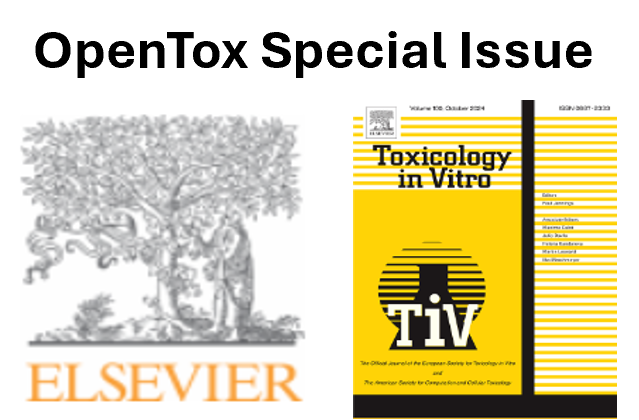
Yvonne Kohl is a senior researcher at the Fraunhofer Institute for Biomedical Engineering IBMT and Scientific Specialist for Toxicology. She studied at the Technical University of Kaiserslautern in the Department of Food Chemistry and Environmental Toxicology (Germany) and received her Ph.D. in the field of nanotoxicology at the Saarland University (Faculty of Science and Technology Chemistry, Pharmacy, Bio- and Materials Sciences, Germany). In 2022 she completed her postgraduate studies “Toxicology and Environmental Protection” (Leipzig University, Faculty of Medicine, Germany). In the “Cell Models & Toxicology“ group at the Fraunhofer IBMT, she is working on the development of novel toxicological screening technologies and human-relevant and alternative in vitro methods according to the 3R principle to assess human impacts of nanoscale materials and chemicals, as e.g. endocrine disrupting chemicals and its mixtures on physiological barriers and target organs. Her research also focuses on in vitro barrier transport studies using air-liquid interface models or gastrointestinal barrier models, both under static and dynamic conditions. Dr. Kohl has several years of experience in the management of national and international projects, both as a project manager and as a project coordinator. Currently she is actively involved in the EU-funded projects PARC (Partnership for the Assessment of Risks from Chemicals), ENDOMIX (Understanding how endocrine disruptors and chemical mixtures of concern target the immune system to trigger or perpetuate disease) and SSbD4CheM (Safe and Sustainable by Design framework for the next generation of Chemicals and Materials).
Session 11. New Approach Methods
To predict the potential toxic effects of a chemical or drug on living organisms as well as to assess the safety and potential risks associated with exposure to chemicals, drugs, environmental pollutants, and other substances a various set of robust methods is available. Coupling mechanistic data, obtained from traditional toxicity testing, with an understanding of pathways of toxicity lays the groundwork for new approach methodologies (NAMs) to be used to evaluate chemical toxicity. NAMs are often associated with in vitro testing using human cells or tissues and establishing adverse outcome pathways (AOPs) for human disease outcomes, but they cover a more wider range of methods, including quantitative structure–activity relationship (QSAR) predictions, high-throughput screening, omics applications, advanced microphysiological systems and computational tools. In addition to promising faster and more efficient safety testing, NAMs have the potential to fundamentally transform today’s regulatory work by allowing more human-relevant decision-making in terms of both hazard and exposure assessment. This session will focus on the development of such innovative in vitro and in silico approaches and their potential application in next-generation risk assessment.

